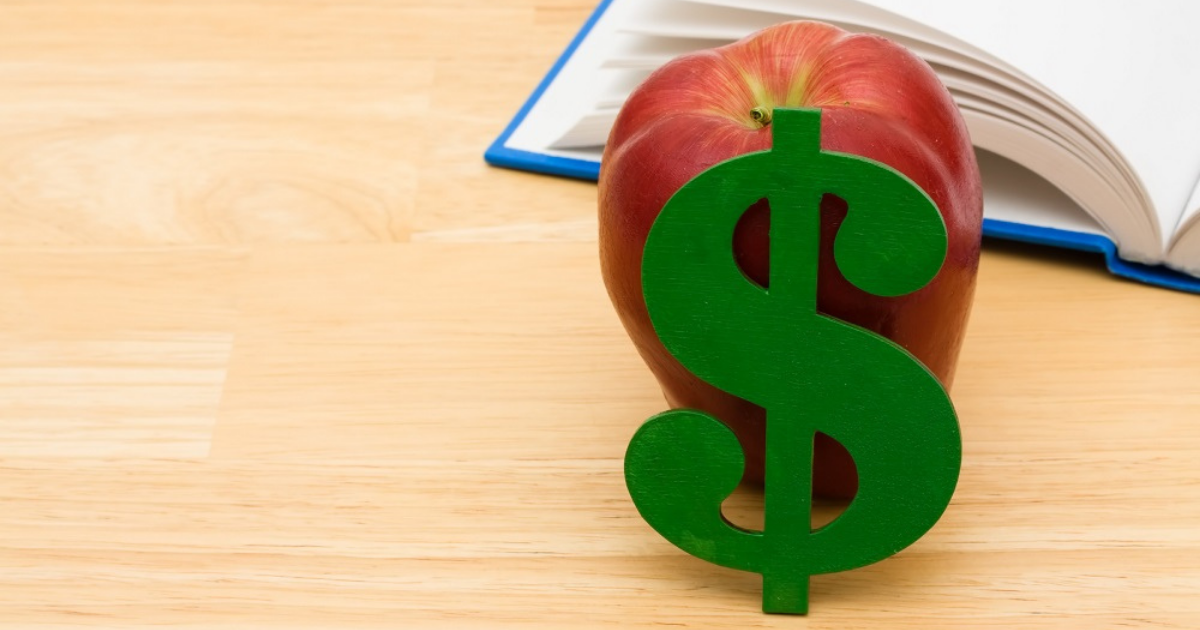
Millions of people across the United States carry student debt, with the average borrower owing over $30,000 (via Forbes). With student loan payments being a large percentage of an individual’s income, their credit scores are being pushed down and saving is nearly impossible, which negatively affects the possibility of buying a home. Even if an individual can afford to purchase a home, how are their student loans going to affect the buying process? How are they able to achieve the American dream of owning a home?
How Saving Becomes a Challenge
Monthly student loan payments tend to be a large percentage of an individual’s income making it extremely difficult to save extra money on top of paying other monthly expenses, including rent, groceries, and paying bills. On top of these regular monthly expenses, saving up enough money in a reasonable amount of time to put a down payment on a home can seem impossible.
Tips for Saving when Paying Down Student Loans
- Open a separate savings account to save for your first home and set up automatic deposits into the savings account each time you get paid. Out of sight, out of mind. Remember, you don’t need 20% down to buy a home.
- If your student loans are continuing to hinder the amount of money you are able to save and standing in your way of buying your first home, consider refinancing your loans to decrease your monthly payments.
- Plan to pay off your student loans faster than usual. Sounds crazy, right? Make your student loans your main concern and put more money towards them each month to help pay them off faster. Once you’re done paying them off, it’ll be easier to save for a house.
- Create a budget. This will help weed out any unnecessary expenses and put that money towards your student loans and/or saving for your first home.
 Debt to Income Ratio
Debt to Income Ratio
Roughly 20% of people applying for a mortgage will be denied because of their debt to income ratio – the amount a person owes versus the amount a person makes. Since there is no way to foreclose on an education as a bank would on a home if a person stopped making their monthly payments, the bank will be stuck with the debt until the student loan is paid off, which in turn makes the banks look at student loans as “unsecured debt.”
There is a debt ceiling that is put in place depending on where you live and the cost of living which will affect your debt to income ratio. Do your research, talk to your lender, and evaluate your housing and debt expenditures.
Deferment vs. Forbearance and What They Mean
Deferment is a temporary period of time in which you are excused by your lender from making payments on a loan under certain circumstances, including unemployment, military deployment, returning to school, or economic hardship. If you are in deferment with your loans, coming out of deferment and beginning to pay your loans back again will result in a lower debt-to-income ratio. Deferment doesn’t accrue interest on federal loans.
Forbearance is when you delay payment of your loans for an agreed-upon amount of time with the loan servicer. For whatever reason one would decide to apply for this forbearance, the loans continue to accrue interest, making the loan more expensive when it comes time to start paying for them. This is a solution for a temporary hardship, or maybe for about six months when you need some time to put that money towards the purchase of a new home, but definitely not long term as loan interest adds to the bottom line every single day.
